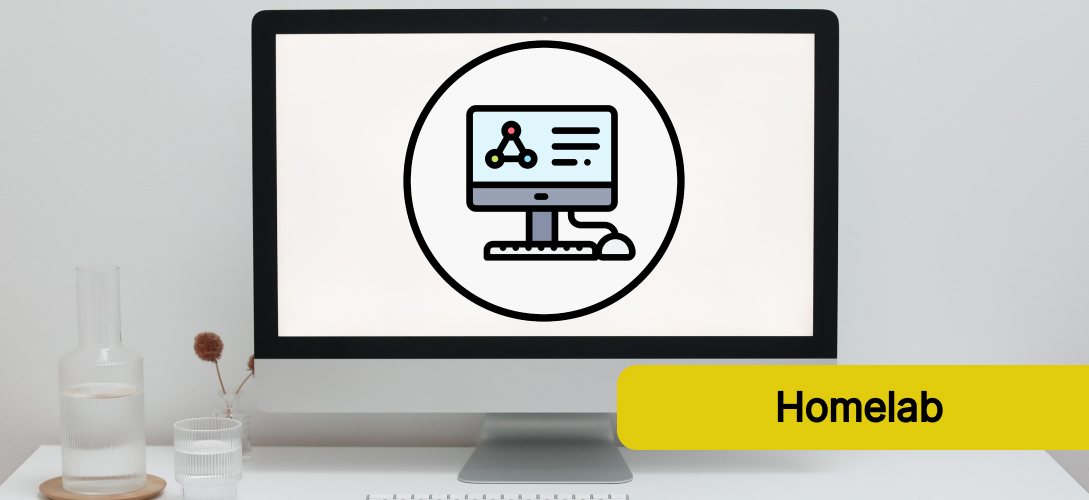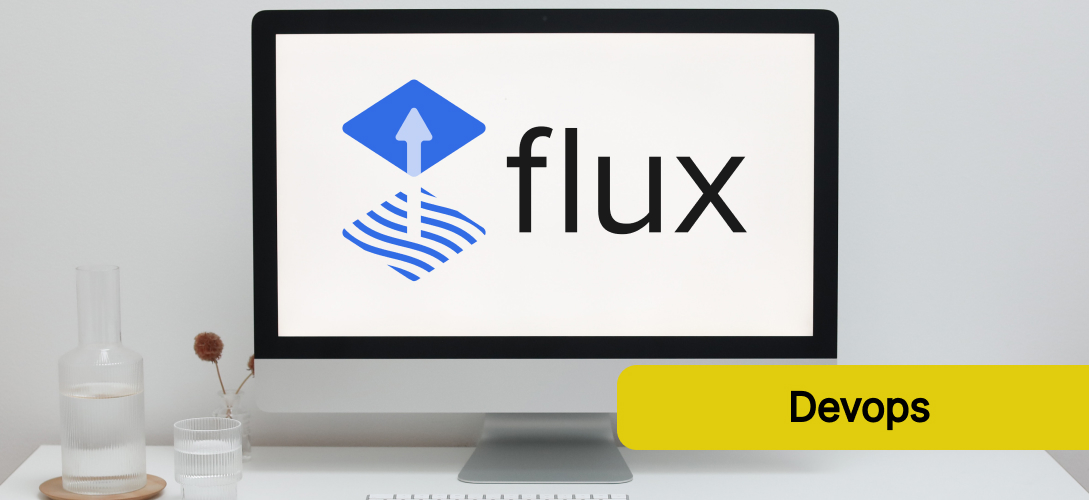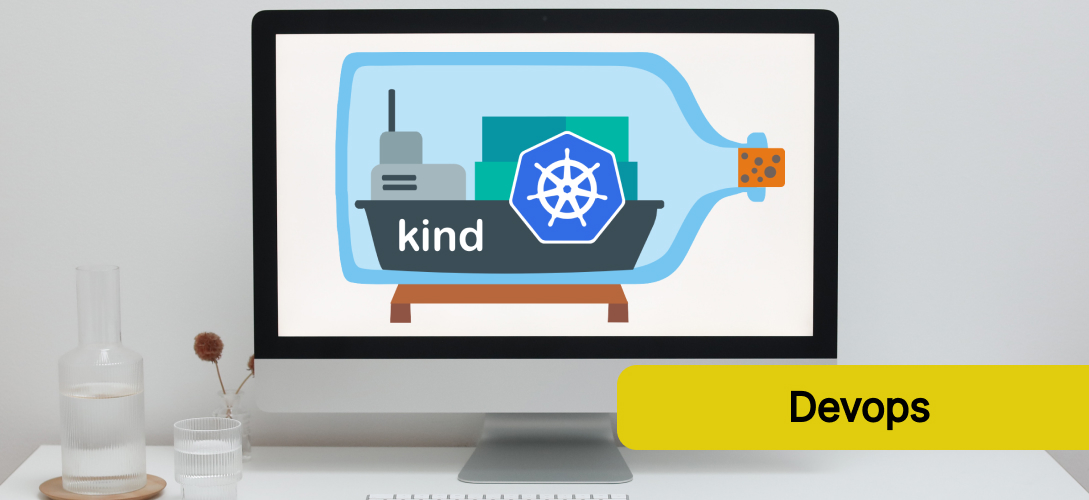Get Your Geek On: Deciding Between Consumer-Grade and Enterprise-Grade Hardware for Your Home Lab
Greetings, fellow homelab enthusiasts! It’s time to dive headfirst into the exhilarating world of home labs. If you’re teetering on the edge of setting up your own homelab (or expanding an existing one), one of the key decisions you’ll face is the type of hardware to use. Specifically, should you go for consumer-grade or enterprise-grade gear?
So, grab your favorite geeky mug of choice (coffee, tea, or your beverage of choice), sit back, and let’s embark on this decision-making journey together.
Continue reading

